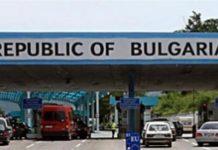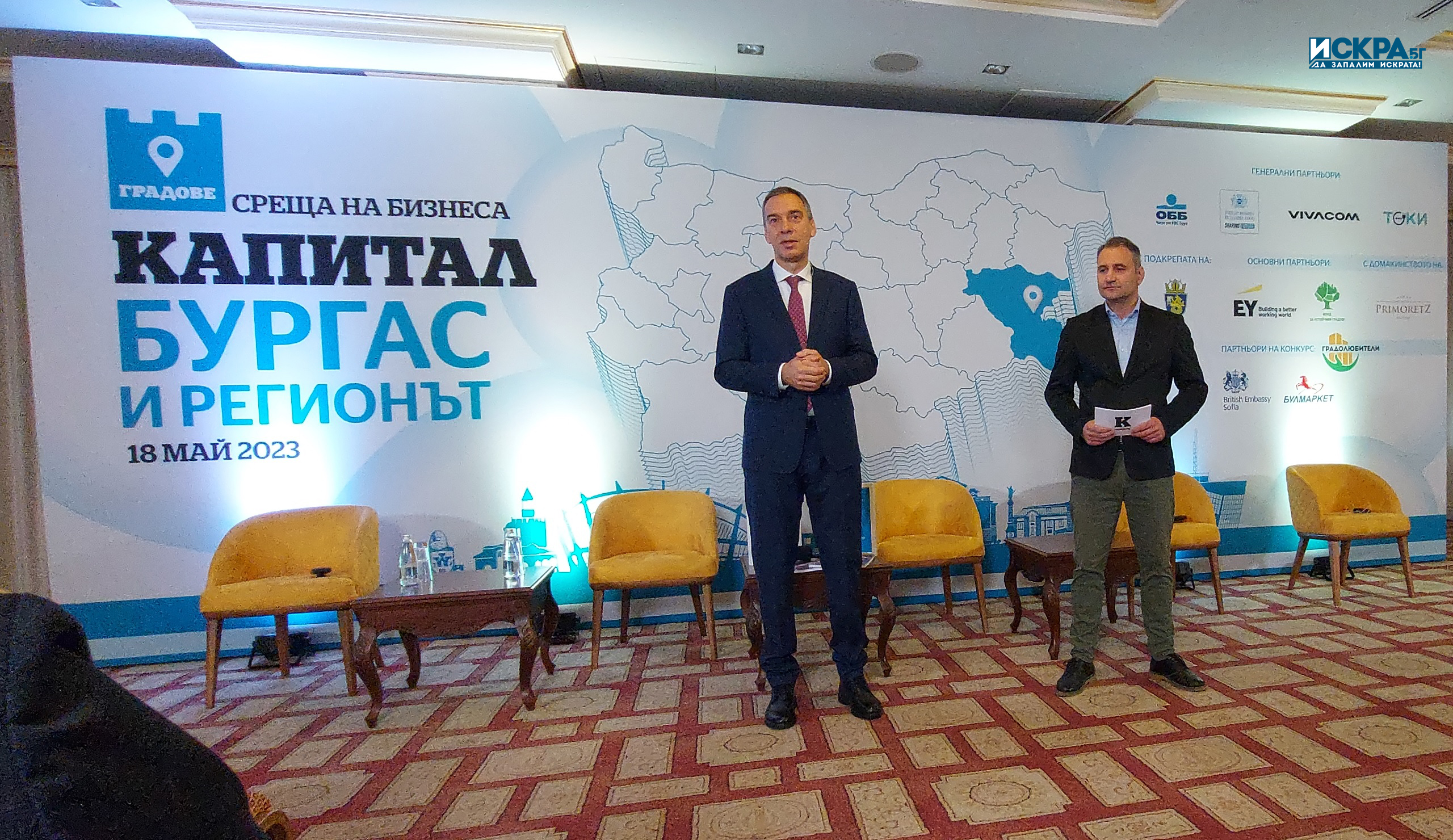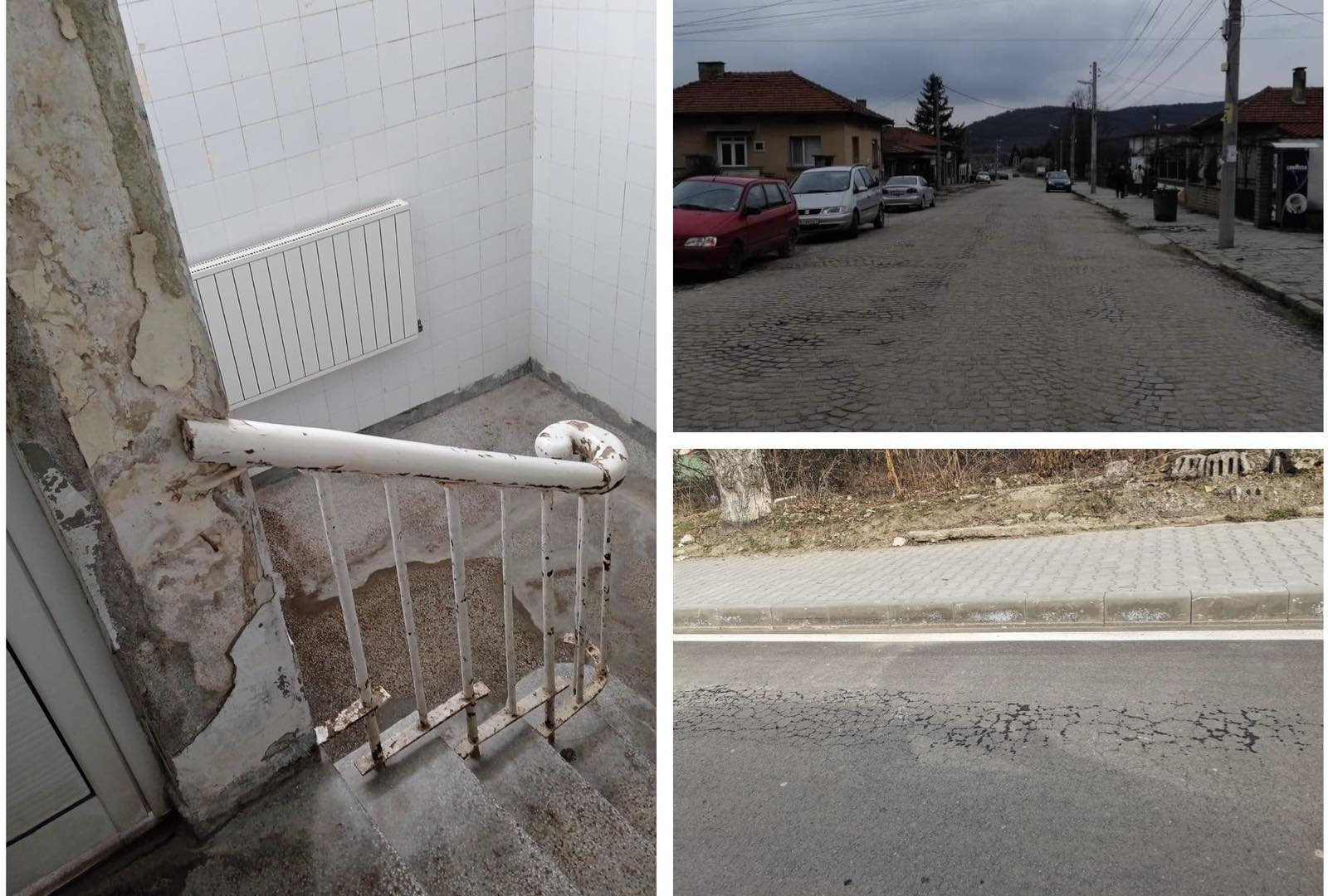
Companies will have to verify a minimum of 20% revenue drop with invoices in order to participate in the so-called “60-40” program which is planned to take place for three months. The requirement is part of the latest version of the governmental financial aid plan which is to be voted by the National Assembly. The financial aid will be backdated as of March 13 and companies will be able to apply online on the Employment Agency’s website.
The revenue decline will be compared to the period of March 2019.
Employers who fully or partly ceased operations or had to release or reduce the work time of employees will be eligible for the financial aid. VAT companies will have to provide a copy of their sales logs while the rest – inventory invoices.
Companies who ceased business on a ministry order won’t be obligated to verify a revenue drop. The full list of these companies is to be published by the government.
According to the financial plan, the government will cover 60% of the gross salary payments and the other 40%, incl. social benefits payments, will be covered by the companies. This requirement became the hotspot of the meeting held by the National Council for Tripartite Cooperation.
The government cannot make any further changes to the “60-40” program as it is part of the already approved anti-crisis act. According to the business, however, micro and small business can potentially end up out of the measures’ reach. Employers’ organizations suggested the program to apply for one month only, introducing changes to the anti-crisis act in the meanwhile.
Vasil Velev, director of the Bulgarian Industrial Capital Association, commented that companies would have to spend 77 Bulgarian levs in order to get 23 Bulgarian levs back in the form of financial aid. Given that many companies are currently out of business, such measures may prove impossible for some.
About 75% of the Bulgarian population is employed in the small and medium business segment.
Translation: Ivaylo Yotov






